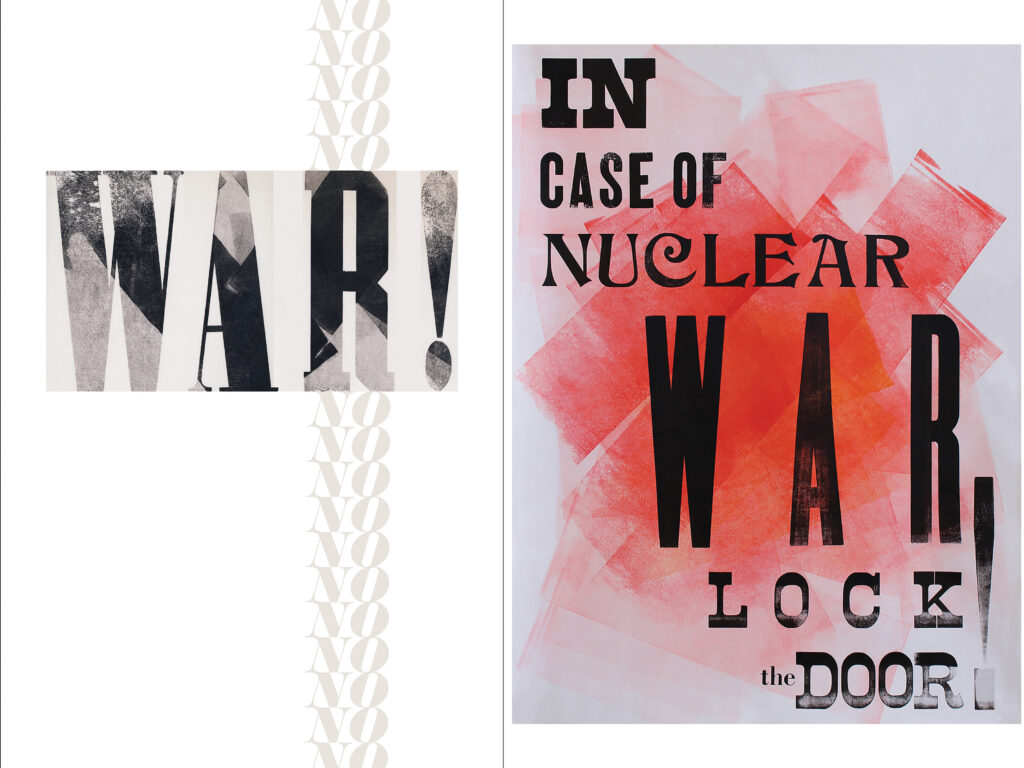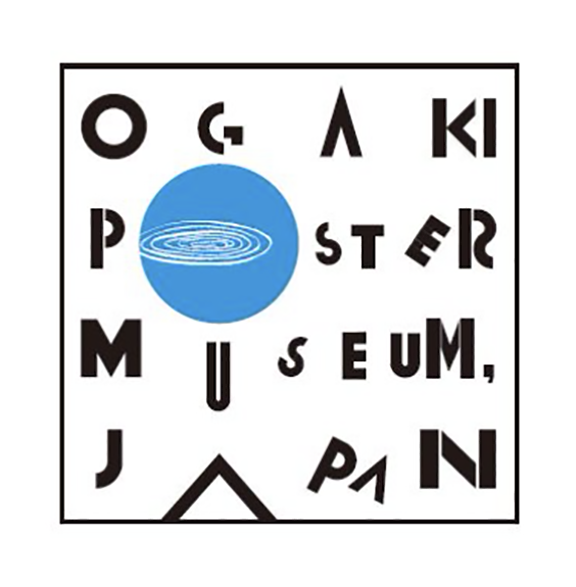Design professor’s anti-war posters added to Japanese museum collection

Two posters created by Dejan Mraović, assistant professor of graphic design and coordinator of Campbell University’s Graphic Design program, were published on the website of the Ōgaki Poster Museum and included in their collection.
 These artworks were chosen for the NO WAR poster competition organized by the Ōgaki Poster Museum in Ōgaki, Japan. This institution was founded in 1996 with the goal “to expose the world to this artistic medium which offers clear, visual communication of ideas both political, cultural and general in nature which are expressed by artists throughout the world and to broaden the international viewing audience of the poster medium.”
These artworks were chosen for the NO WAR poster competition organized by the Ōgaki Poster Museum in Ōgaki, Japan. This institution was founded in 1996 with the goal “to expose the world to this artistic medium which offers clear, visual communication of ideas both political, cultural and general in nature which are expressed by artists throughout the world and to broaden the international viewing audience of the poster medium.”
The NO WAR poster contest was opened in 2022 after the outbreak of armed conflict in Ukraine. The organizers’ goal was to display artworks that encourage the end of hostilities and promote peace.
Selected were 388 posters created by graphic designers from the following 28 countries: Belarus, Bulgaria, Canada, China, Czechia, Denmark, Ecuador, Finland, France, Germany, Hungary, Indonesia, Iran, Israel, Italy, Mexico, Peru, Poland, Portugal, Romania, Slovenia, South Korea, Sweden, Switzerland, Turkey, Ukraine, USA and Japan.
For his work, In Case of Nuclear War Lock the Door!, Mraović says he published similar aphorisms and jokes in Serbian satirical and daily newspapers while living in Belgrade.
“This is an antimilitaristic poster which was created during my artist residency at Ohio University, College of Fine Arts in Athens, Ohio in 2022,” he said. “It was manually designed and printed at the Don E. Adleta TypeShop and Bindery. The red background was made using a small hand ink roller and represents my fear of atomic explosion. In contrast to this loud background, the word nuclear uses the 1960’s hippie style of typography.”
NO WAR is a pacifist poster. The letters ‘WAR!’ were manually designed and printed at the Don E. Adleta TypeShop and Bindery. The rest of the poster was created digitally. The design of the repeating ‘NO’ letters is reminiscent of the tracks of the military vehicles or tanks.
